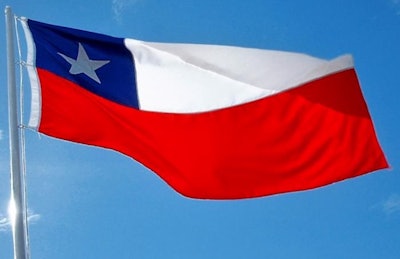
Chilean egg producers are experiencing tough times. Chile is a country with 16 million layers in production, and this year they expect to produce 4,300 million eggs. This is a 6.7% decrease from 2022. The country has 19.5 million people, and the per capita consumption is estimated at 220 eggs/person. This is far from the 247 eggs/person during the pandemic. Egg production in Chile is fragmented. If commercial production is considered starting at 1,000 birds, it is assumed that there are 230 producers.
The decline in production and consumption is due to several factors. One is the high-cost raw materials, an important factor because almost all raw materials are imported, in addition to increases in exchange rate. The other factor is the increase in consumption during the pandemic. This created a “perfect storm” for producers because egg prices dropped and many went out of business, especially the newer ones. I mean, production fell by 5%. Chileans are now experiencing a kind of pandemic hangover. During those times, people had more chance to cook at home and egg consumption rose, but now, back to normality, egg consumption moved down.
Chile is different to other Latin American nations, in the sense that eggs are not part of the breakfast meal. Chileans prefer consuming eggs more at lunch, which has the disadvantage of competing with other proteins. Its consumption also stands out during the evening snack or dinner.
The other factor impacting production was avian influenza, which wedged with 4% decrease. So, adding to the previously mentioned 5% decline, we are approaching to an almost 10% decrease in total. The avian flu situation is closer to normal now. But it's all in the eye of the beholder. The vision is different to broiler producers because egg producers are interested in having vaccines. However, neither broiler producers nor the animal health authorities are drawn in with vaccinating because it would imply the closure of exports. Good point. Let us remind that Chile is a world-famous poultry exporter, with a renown international quality.
Prospects for 2024 are to return to production levels they had a couple of years ago. They are not only worried about the economic aspect, but also food security, as there have been concerns about high consumer egg prices.
What do you think?



















